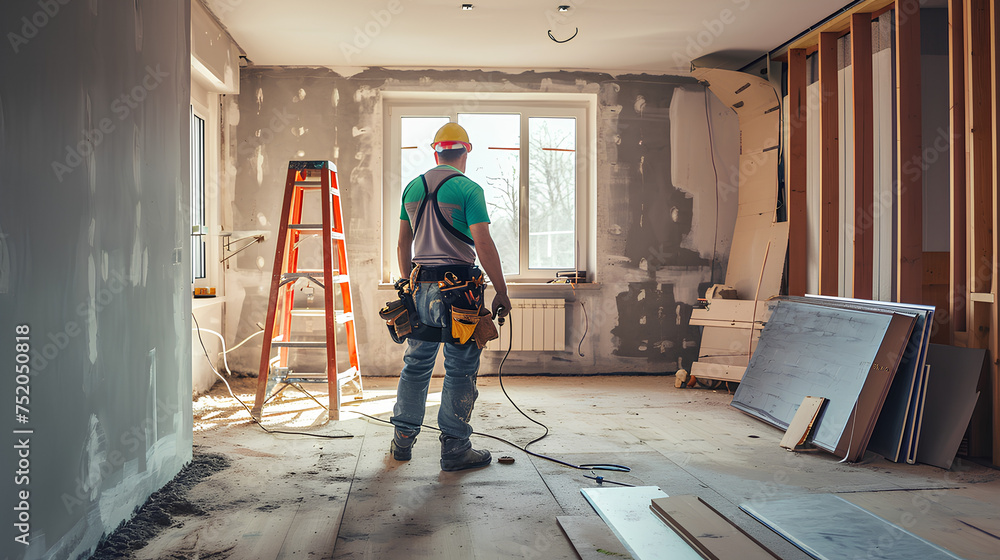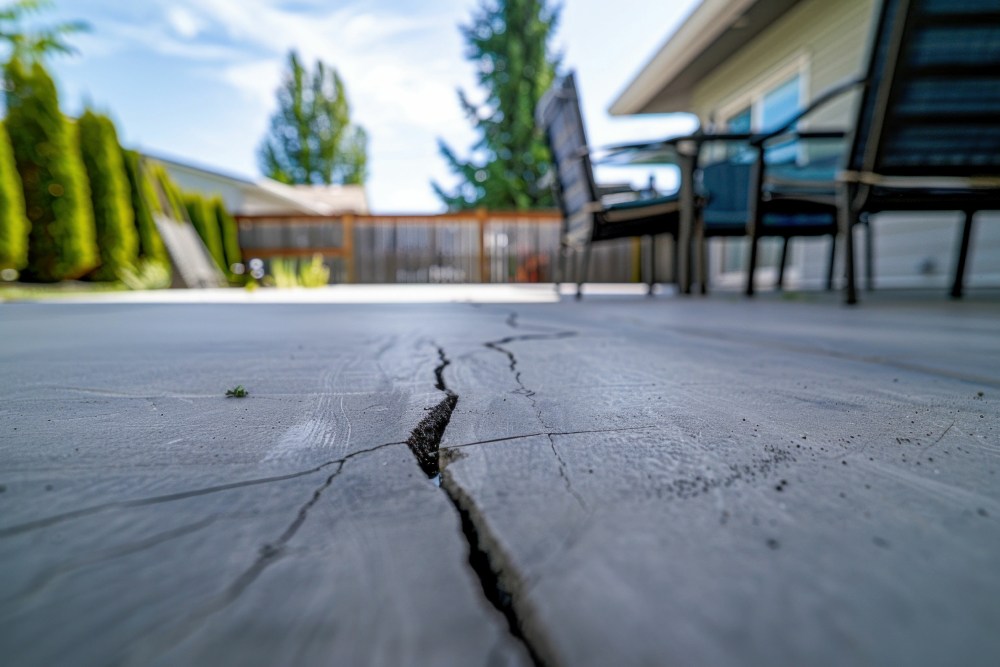Types of Fake Reviews
Understanding the various types of fake reviews is crucial for homeowners looking to safeguard their construction investments. Fake reviews can generally be categorized into two main types: positive fake reviews and negative fake reviews.
1. Positive Fake Reviews:
- Purchased Reviews: Contractors may buy positive reviews from third-party companies or individuals to artificially boost their online reputation. These reviews often paint an unrealistically perfect picture of the contractor’s services, which can mislead potential clients.
- Employee or Friend Reviews: In some cases, contractors may ask employees, friends, or family members to write glowing reviews about their business. These reviews tend to lack objectivity and may not accurately reflect the contractor’s capabilities or performance.
2. Negative Fake Reviews:
- Competitor Attacks: Rival contractors might post false negative reviews to damage a competitor’s reputation. These reviews can be particularly harmful, as they may deter potential clients from considering a contractor who is actually competent and reliable.
- Disgruntled Individuals: Ex-employees, clients with personal grudges, or individuals seeking revenge may leave false negative reviews to harm a contractor’s credibility. These reviews can be vindictive and may not reflect the actual quality of the contractor’s work.
The Psychology Behind Fake Reviews
The motivations behind fake reviews are varied and complex. Positive fake reviews are often driven by the desire to gain a competitive edge in a crowded market. Contractors may believe that a high volume of positive reviews will attract more clients and increase their chances of securing contracts. On the other hand, negative fake reviews are typically motivated by malice, whether it’s a competitor trying to gain an unfair advantage or a disgruntled individual seeking to damage a contractor’s reputation.
Unfortunately, fake reviews can be highly persuasive, especially when they are well-crafted and appear genuine. This can lead homeowners to make decisions based on inaccurate or misleading information, resulting in financial loss, subpar work, and a frustrating experience.
Why Fake Reviews are Problematic
- Misleading Information: Fake reviews can create a false impression of a contractor’s capabilities and reliability. Homeowners may be led to believe that a contractor is more experienced, trustworthy, or skilled than they actually are. This can result in the hiring of unqualified contractors who may not be able to deliver the desired results.
- Financial Loss: Homeowners who hire contractors based on fake positive reviews may end up with subpar work, leading to costly repairs, project delays, or even the need to hire another contractor to fix mistakes. The financial impact of hiring the wrong contractor can be significant, particularly for large construction projects.
- Erosion of Trust: The prevalence of fake reviews can erode trust in online platforms and genuine customer feedback. When homeowners become aware of the potential for fake reviews, they may become skeptical of all reviews, making it more difficult for reputable contractors to build trust with potential clients.
- Unfair Competition: Fake reviews create an uneven playing field in the construction industry. Honest contractors who rely on genuine reviews may find it challenging to compete with businesses that use deceptive practices to inflate their ratings. This can harm the overall quality of services in the industry and discourage ethical business practices.
Join HICP Homeowner’s Alliance
Connect with experts, get special discounts and enjoy member benefits
How Homeowners Can Avoid Falling Victim to Fake Reviews
While the problem of fake reviews is widespread, there are several strategies homeowners can use to protect themselves and ensure they are making informed decisions when selecting a contractor.
1. Cross-Check Reviews on Multiple Platforms
- Diverse Sources: Homeowners should check reviews on various platforms, including Google, Yelp, Angie’s List, the Better Business Bureau (BBB), and specialized websites like HomeAdvisor or Houzz. Consistency across different platforms can indicate more reliable feedback, while discrepancies may raise red flags.
- Specialized Websites: Industry-specific websites often have more stringent verification processes for reviews. For example, platforms like HomeAdvisor or Houzz may require reviewers to provide proof of services rendered before allowing them to post a review. This added layer of verification can help homeowners trust the authenticity of the reviews they read.
2. Analyze Review Patterns
- Review Dates: Homeowners should be wary of a large number of positive reviews posted within a short timeframe, as this can be a sign of a fake review campaign. Genuine reviews are typically spread out over time, reflecting the contractor’s ongoing work.
- Reviewer Profiles: Examining the profiles of reviewers can provide valuable insights. Genuine reviewers often have a history of reviews across various businesses and products, while profiles with only one review, especially if it’s highly positive or negative, can be suspicious.
- Review Language: The language used in reviews can also be a giveaway. Fake reviews often have similar wording, overly generic praises, or lack specific details about the project. Genuine reviews, on the other hand, tend to include specific details about the work performed, the quality of service, and the overall experience.
3. Look for Detailed and Balanced Reviews
- Specific Details: Authentic reviews typically include specific details about the project, such as the type of work done, the quality of materials used, communication with the contractor, and any challenges faced during the project. These details can provide valuable insights into the contractor’s abilities and professionalism.
- Balanced Feedback: Reviews that mention both pros and cons tend to be more credible. No business is perfect, and genuine reviews often reflect a balanced perspective, highlighting both the strengths and areas for improvement in the contractor’s work.
4. Consult External References
- Personal Recommendations: Homeowners should seek recommendations from friends, family, or neighbors who have had recent construction work done. Personal experiences can provide trustworthy insights into a contractor’s reliability, quality of work, and communication skills.
- Professional Networks: Homeowners can also contact local trade associations or consumer protection agencies for referrals to reputable contractors. These organizations often have strict membership criteria, ensuring that their recommended contractors meet certain standards of professionalism and quality.
5. Verify Contractor Credentials
- Licensing and Insurance: Homeowners should verify that the contractor is properly licensed and insured. This information can usually be obtained through state or local licensing boards. A licensed contractor is more likely to be experienced and knowledgeable, while insurance provides protection in case of accidents or damages during the project.
- Previous Work: Homeowners should ask the contractor for examples of previous work or to provide contact information for past clients. Reputable contractors should be willing to share this information, allowing homeowners to assess the quality of their work and the satisfaction of their previous clients.
6. Use Third-Party Verification Services
- Review Verification Services: Platforms that offer review verification services can provide an added layer of trust. These services often require proof of purchase or completion of work before a review can be posted, ensuring that the feedback is based on genuine experiences.
- Accreditation and Ratings: Homeowners should check if the contractor has any professional accreditations or high ratings from recognized industry bodies, such as the National Association of Home Builders (NAHB) or the National Association of the Remodeling Industry (NARI). These accreditations can add credibility and assurance that the contractor adheres to industry standards.
Additional Protective Measures
In addition to the strategies mentioned above, homeowners can take further steps to protect themselves from the risks associated with fake reviews and unqualified contractors.
1. Conduct Interviews
- Face-to-Face Meetings: Arranging for face-to-face meetings with potential contractors allows homeowners to gauge their professionalism, communication skills, and expertise. It also provides an opportunity to discuss the project in detail and ensure that the contractor understands the homeowner’s expectations.
- Ask Questions: Homeowners should prepare a list of questions about the contractor’s experience, methods, and approach to handling challenges. Reliable contractors will provide clear and confident answers, demonstrating their knowledge and commitment to quality work.
2. Check Legal and Financial Standing
- Background Checks: Conducting background checks can help homeowners ensure that the contractor has no history of legal disputes, bankruptcies, or other red flags that could indicate potential problems. This information can often be obtained through public records or specialized background check services.
- Credit Reports: Some services offer business credit reports that reveal a contractor’s financial health and operational stability. A contractor with a strong financial standing is more likely to complete the project successfully and honor any warranties or guarantees.
3. Monitor the Project Closely
- Regular Updates: Homeowners should request regular updates on the project’s progress. Frequent communication can prevent misunderstandings, ensure that the project stays on schedule, and address any issues before they escalate.
- Site Visits: Making periodic site visits allows homeowners to inspect the quality of work and ensure it meets agreed-upon standards. It also provides an opportunity to address any concerns or changes in the project scope.
Conclusion
Fake reviews in the construction industry pose a significant risk to homeowners seeking reliable and competent contractors. By employing a combination of diligent research, critical analysis of reviews, personal recommendations, and thorough vetting of contractors, homeowners can protect themselves from the pitfalls of fake reviews. Making informed decisions will not only ensure the success of construction projects but also foster a trustworthy and transparent marketplace for all consumers. In an industry where trust and quality are paramount, taking the time to verify information and select the right contractor can make all the difference in achieving a successful and satisfying outcome.




















